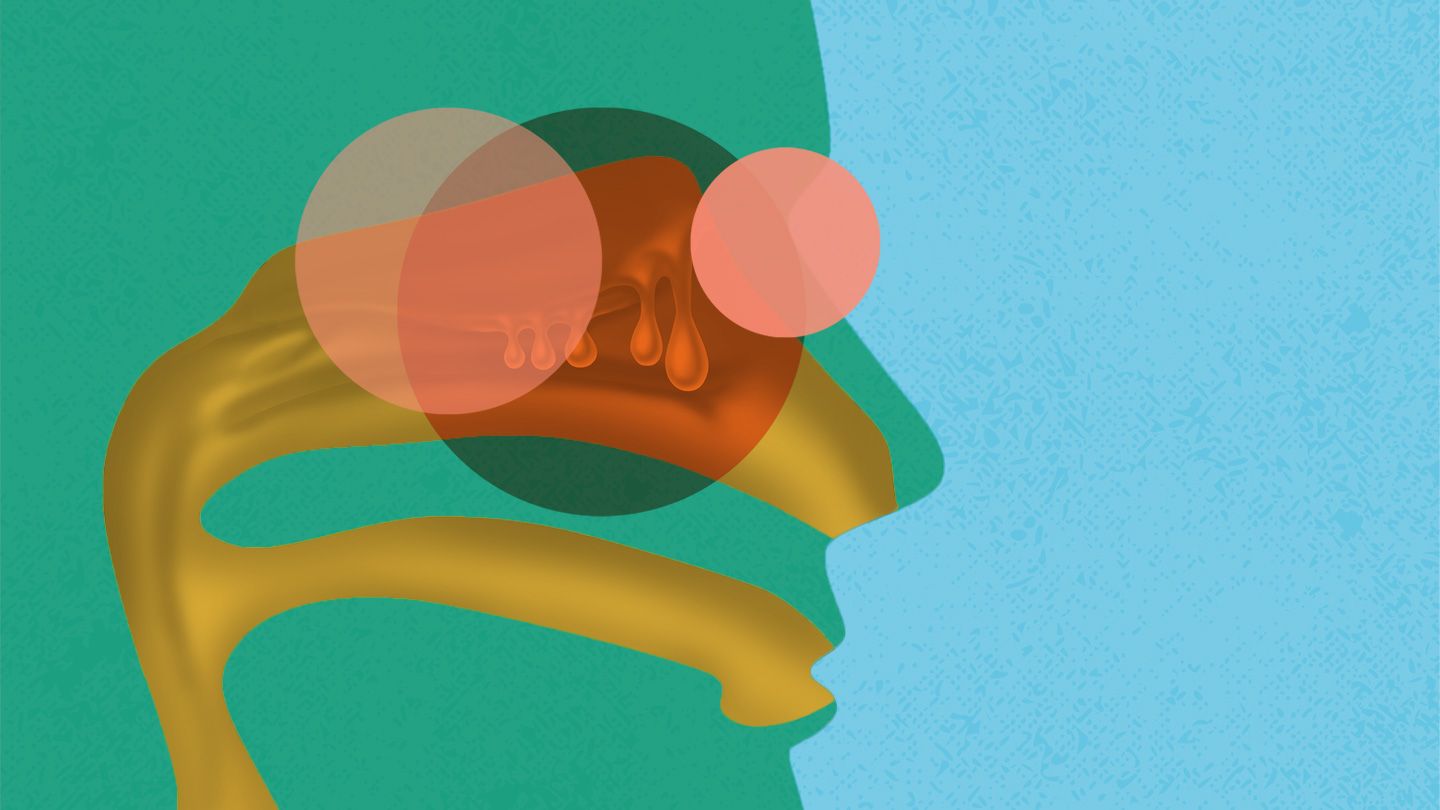Understanding Temperature Conversion from Celsius to Fahrenheit
When dealing with temperature measurement, two of the most commonly used scales are the Celsius (C) and Fahrenheit (F) systems. They measure temperature slightly differently, so a temperature value in one system does not directly correlate to the same numeric value in the other system. This means that temperatures need to be converted properly between the two scales for accurate comparison and reference.
Why Temperature Conversion is Necessary
Being able to accurately convert temperature values between Celsius and Fahrenheit is important for several reasons:
- Meteorological reports often provide temperatures in both C and F so understanding how to convert between them allows you to understand the data
- Recipes originating in different countries may list temperatures in either scale - conversion helps follow cooking steps properly
- Medical guidance may reference problematic body temperatures in either system so converting is key to interpreting health indicators
- Environmental reports analyze temperature changes over time, but the scale used varies globally - understanding conversion allows you to study findings from different regions
The Formula for Converting Celsius to Fahrenheit
The formula for converting a temperature from degrees Celsius (C) to degrees Fahrenheit (F) is as follows:
F = (C x 9/5) + 32
So to convert any Celsius temperature to Fahrenheit, you would multiply the Celsius value by 9/5, then add 32.
Converting 39.5C to Fahrenheit
To demonstrate how to convert a temperature value from Celsius to Fahrenheit, let's walk through converting the example value of 39.5C step-by-step:
- Start with the temperature value in Celsius: 39.5C
- Multiply the Celsius value by 9/5 using a calculator: 39.5 x (9/5) = 71.1
- Add 32 to the multiplied value: 71.1 + 32 = 103.1
- The converted temperature in Fahrenheit is 103.1F
So a temperature of 39.5C converts to 103.1F when applying the Celsius to Fahrenheit conversion formula correctly.
Converting Temperatures Quickly Online
While understanding the conversion formula allows you to calculate Celsius to Fahrenheit conversions manually, you can also use online conversion tools for quicker, more convenient conversions. Many search engines and weather websites offer built-in temperature converters that can instantly change Celsius values to Fahrenheit.
For example, when searching "39.5C to F" in Google, it displays the converted temperature of 103.1F automatically at the top of the search results. This allows for easy, instant temperature conversions as needed.
The Significance of 39.5C / 103.1F
So what is the actual significance of 39.5C / 103.1F when it comes to real-world temperatures for reference?
- For human body temperature, 39.5C / 103.1F indicates a very high, dangerous fever requiring immediate medical care
- As an air temperature, 39.5C / 103.1F represents an extremely hot day that poses hazards like heat stroke and dehydration
- A water temperature of 39.5C / 103.1F is close to the maximum safe human tolerance for bathing and swimming
So while the conversion process itself may be straightforward math, correctly interpreting the meaning of the converted temperature value is also vitally important for real-world assessment and decision making.
Applying Temperature Conversion Appropriately
Being able to accurately convert temperatures between Celsius and Fahrenheit scales is clearly an essential skill for analyzing weather patterns, following cooking instructions properly, determining safe human body temperatures, and comprehending environmental reports and global temperature changes.
Hopefully this step-by-step overview of converting 39.5C to 103.1F helps build your understanding of applying basic temperature conversion formulas. Just remember to always double check your conversion calculations, use online conversion tools to complement manual calculations, and interpret the significance of converted values appropriately!
Disclaimer: This article is for informational purposes only and does not constitute medical advice. Always consult with a healthcare professional before starting any new treatment regimen.
Related Coverage
Sinus congestion is uncomfortable, but you can use natural remedies like steam, saltwater rinses, spicy foods and supplements for relief without medications....
Blowing smoke into an aching ear is an old home remedy, but it carries risks like burns, infection spread, and hearing loss. Safer options exist for earache relief....
DayQuil can temporarily relieve a sore throat caused by a cold or flu. Its combination of pain relief, cough suppression, and decongestion provides short-term symptom relief....
Chest congestion causes coughing and difficulty breathing. Try home remedies like steam, hydration, saline washes, and essential oils for fast, natural congestion relief....
Learn how to identify, harvest, and consume different varieties of acorn nuts. Includes tips on gathering ripe acorns from oak trees and using them in recipes....
Do you have a perpetually frozen nose? Genetic factors, poor circulation, inflammation, or lifestyle habits may impair your nose's ability to warm itself. Try heat, massage, humidifying....
You likely have the ingredients for highly effective home remedies already stocked in your kitchen. Learn how everyday items like honey, lemons and apple cider vinegar can treat coughs, improves digestion, soothe skin, and more!...
Vapor baths provide natural relief for stuffy nose congestion. Inhaling warm, moist air helps thin mucus, soothe inflammation, and clear stuffiness....
Alka-Seltzer and NyQuil both treat cold and flu but contain different active ingredients. Know when to use each for symptoms like cough, fever, body aches....
From first tickle to last cough, the average common cold lasts 7-10 days, with peak severity around day 4. Learn about common cold stages, symptoms, and treatment....









